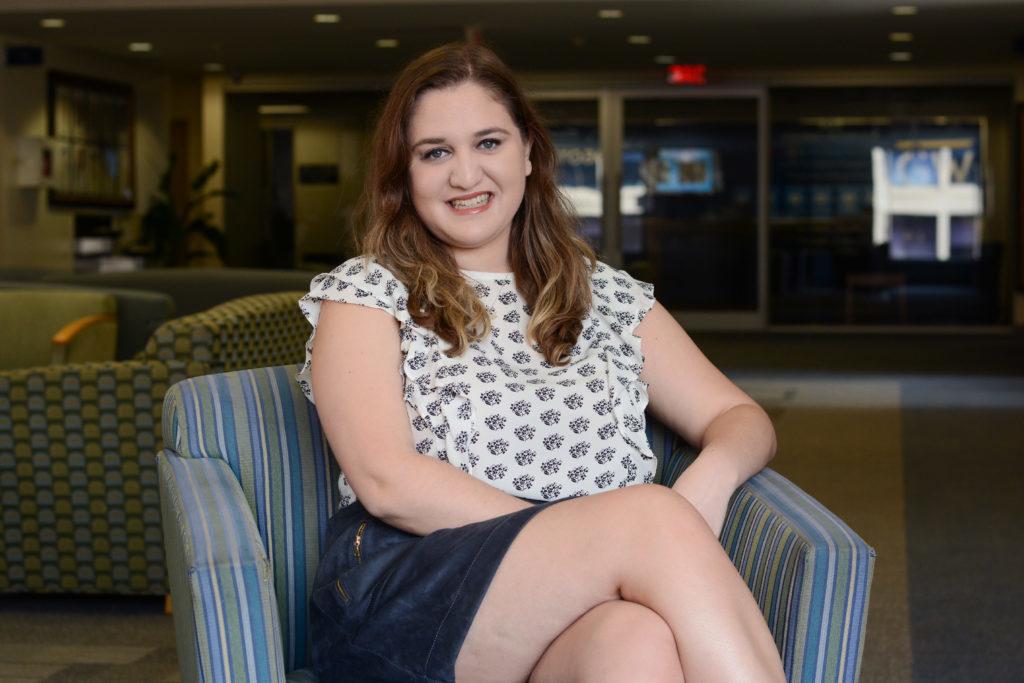The Center for Student Engagement increased the number of required trainings for student organization leaders for the second straight academic year.
The CSE decided to mandate participation in five leadership seminars – up from three a year ago – and add new course topics after positive feedback from student attendees last academic year, Anne Graham, the assistant director of student involvement and Greek life at the CSE, said.
The “Excellence in Leadership” seminars, which focus on ways to hone leadership skills, will be held three to seven times each week between September and March. Student leaders can also opt to attend the new “ELS Express” – which allows group leaders to complete the five mandatory seminars in back-to-back sessions Sept. 30.
If organizations do not fulfill the training requirement, they will lose their status as a registered student organization, Graham said.
“ELS provides training for all students, including student organization members, in a format that accommodates a wide range of schedules and enables student organization members to attend sessions best suited to individual and organizational needs,” Graham said in an email.
The workshops launched for the first time last academic year after the CSE changed the format for leadership training from a day-long, conference-style event to seminars spaced out over the course of the academic year. More than 900 students signed up to participate in the first year of the seminars, Graham said.
The classes, led by the CSE and other campus departments – like the Multicultural Student Services Center – include topics like financial management, recruitment and retention, diversity and organizational or communicative skills.
Following the seminars’ conclusion in March, 80 percent of participants said in a feedback survey that “they gained knowledge that will make them a better leader,” while 85 percent said “they gained knowledge that they could apply in their student organizations,” Graham said.
The evaluation, which was designed to measure the effectiveness of student group training and resources, was used to develop the ELS Express option and add new course topics – like an overview of University policies and networking event for group leaders, according to a post on the CSE’s OrgSync page.
The survey asked student organization leaders about the effectiveness of the seminars, their awareness of CSE resources for student organizations and their level of satisfaction with the CSE and its support for groups on campus.
Jazmin Kay, a junior and president of the GW College Democrats – who attended a seminar as vice president of political affairs last academic year – said the trainings were a way to prepare students for leadership roles in their respective groups.
“Excellence in Leadership Seminars are a wonderful platform to empower student organizations by increasing awareness and equipping students with useful trainings that can help prepare them for future leadership positions,” Kay said in an email.
OrgSync also got a facelift over the summer with the reorganization of its OrgSync guides – documents that assist student leaders in various aspects of running an organization, like how to finance their club and how to use OrgSync. After feedback from student groups, the guides are now searchable by keyword, making them easier to find, Graham said.
Allison Coukos, the chair of the GW College Republicans and a resident adviser in District House, said improvements to OrgSync have made it easier to use the website. As an RA, she said it is easier to contact individuals because student emails are now centralized in the system.
“It helps to eliminate the human error of typing out all the emails you have for different people,” she said.





